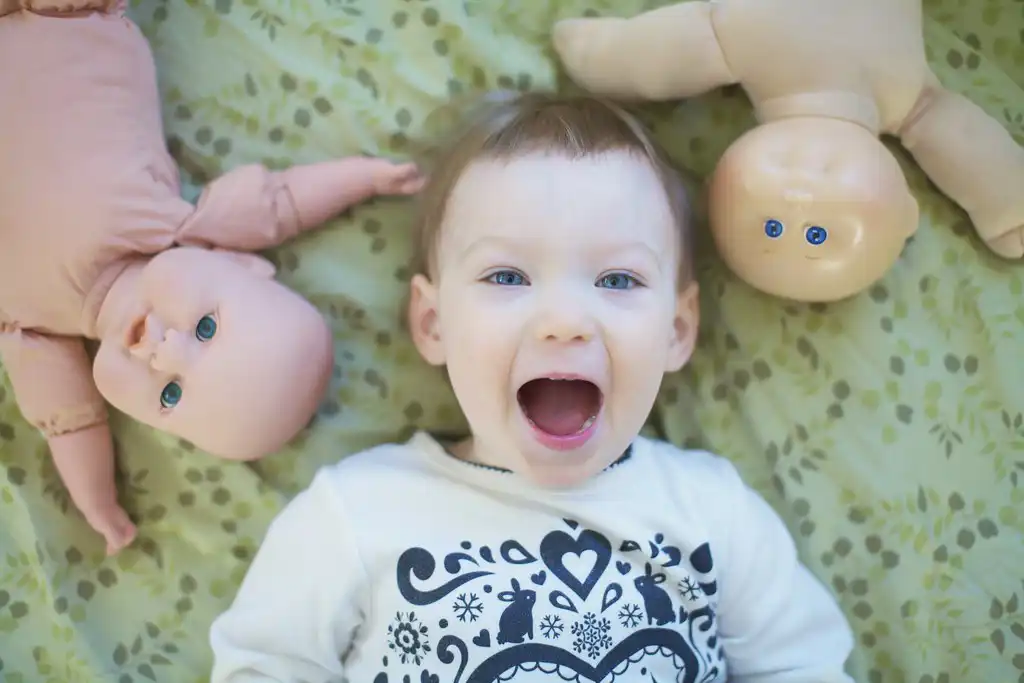Your child may have only begun walking recently, but can she handle a toddler dance class? Certainly. Alongside her at-home dance experiments, kids as young as 18 months can master moderately challenging choreography. Multiple schools and dance studios even offer classes specifically tailored for two-year-olds.
The American Academy of Pediatrics indicates that toddler dance classes are an excellent source of physical activity. Also, they can familiarize your growing girl with social situations. Shaped around children’s natural affinity for music, these dance classes can be a perfect fit for your toddler.
Looking for a Class

To start with, gather suggestions from other parents or local groups. When you have a few potential options, call the schools to find out more about their dance classes. Remember, the key focus should be on enjoying the experience. Avoid classes that overly emphasise technique or expect young students to learn full routines.
Disregard toddler dance classes that require participation in performances and the associated high-cost outfits. Also, consider the school’s policy on missed classes —littles may have to miss class due to illness or simple scheduling conflicts.
What about Parental Involvement?
Toddlers aged below two-and-a-half generally perform well in caregiver-accompanied programs. Alternatively, older toddlers can succeed in smaller, teacher-led classes. The independence fostered in these “separation classes” can lay the groundwork for formal dance training later on.
When shortlisting a dance school, it’s worthwhile to visit the class space. A suitable toddler dance studio should be clean, well-illuminated, and spacious enough for a group of enthusiastic two-year-olds.
Ensuring Safety and Comfort
Observe the teacher in action to ensure she’s child-friendly and in control. At this pioneering stage, these attributes outweigh a professional dance resume. Clothing requirements for toddler dance classes are generally minimal, unless the class concludes with a performance that requires a special costume.
The clothing may differ according to the studio’s norms. While traditional studios may call for leotards and tights, casual ones may simply require comfortable clothing. The primary concern is that your little star should be able to move freely in her outfit.
What about Boys?
Despite lingering gender stereotypes, dance isn't restricted to girls. Most instructors agree: Toddler dance classes are suitable for girls and boys alike. So, let your little boy discover his passion for dancing while he's still young.
What If It Doesn’t Work Out?
If your child seems to loathe the dance class or refuses to participate, it’s advisable not to pressurize them. They may not be developmentally ready yet. In such a scenario, you could try again after a few months. Always consider that they might never develop an inclination for this type of activity.
Despite any financial loss, it's worth noting that UNMET expectations are common in toddler life. So, take any class dropout in stride, focus on remaining positive and understanding, and look out for the next adventure!